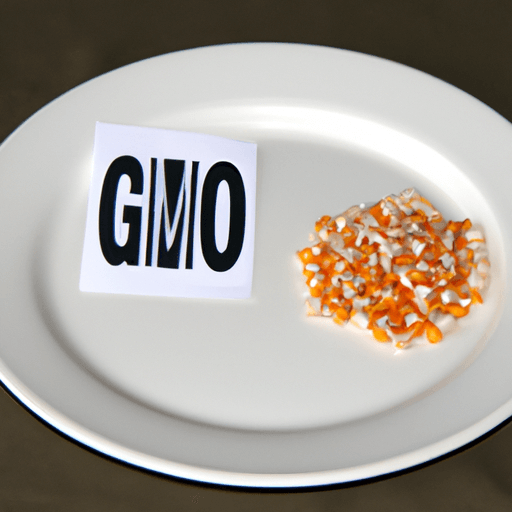Exploring the Advantages and Disadvantages of Genetically Modified Foods
Genetically modified foods (GM foods) have been on the market since the 1990s and have become increasingly popular and widely available. GM foods are created by taking genes from one species and inserting them into another species, usually to give the food a desired trait, such as resistance to pesticides or increased nutrition. Despite the potential benefits of GM foods, they have also caused a great deal of controversy, with some people arguing that they are unsafe and should not be allowed in our diets.
The Debate Over GM Foods
The debate over the safety and benefits of GM foods is ongoing. Proponents of GM foods argue that they can help feed the world's growing population, as they are more resistant to pests and require less water and fertilizer. They also argue that GM foods can be more nutritious, as they can be engineered to contain higher levels of vitamins and minerals. In addition, GM foods can be produced more quickly and cheaply than traditional crops, making them more accessible to people in developing countries.
On the other hand, opponents of GM foods argue that there are potential health risks associated with eating them. They point out that the long-term effects of eating GM foods are still unknown, and that the genes inserted into the food could have unintended consequences. In addition, opponents argue that GM foods could have environmental implications, such as the potential for the genes to spread to other plants, and that they could lead to the loss of biodiversity. Finally, opponents argue that GM foods could lead to higher prices for consumers, as companies that produce GM foods may have an unfair advantage over smaller farmers.
The Impact of GM Foods on the Food Industry
Despite the debate over GM foods, they have had a significant impact on the food industry. GM foods are now widely available in many countries, and they have helped to make food production more efficient and cost-effective. In addition, GM foods have helped to reduce the use of pesticides and other chemicals, as they are often engineered to be resistant to pests and diseases. Finally, GM foods have opened up new markets, as they can be grown in different climates and can be used to produce food that is more nutritious.
The Future of GM Foods
As the debate over GM foods continues, it is clear that they are likely to remain a part of the food industry for the foreseeable future. Despite the potential risks and concerns, GM foods can provide many benefits, such as increased nutrition and decreased costs. It is important to continue to research the potential risks and benefits of GM foods, and to ensure that they are regulated properly to ensure that they are safe for human consumption.
In conclusion, GM foods have had a significant impact on the food industry and have the potential to provide many benefits, such as increased nutrition and decreased costs. However, it is important to continue to research the potential risks and benefits of GM foods, and to ensure that they are regulated properly to ensure that they are safe for human consumption. Only then can we make an informed decision about whether or not GM foods should be allowed in our diets.















Comments
Leave a Comment